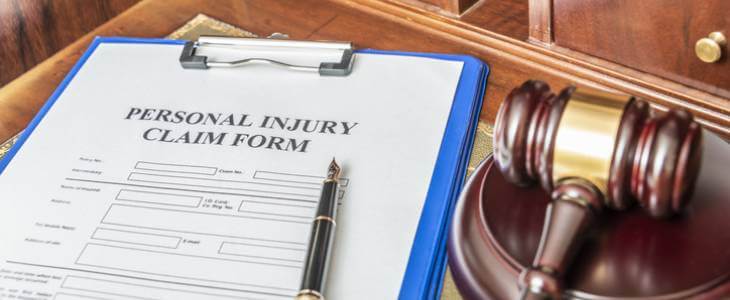Pre-existing conditions are medical issues that existed prior to a personal injury incident. If you happen to have had a pre-existing condition before a personal injury incident occurred, the defendant might argue that your current pain or disability is due more to your previous condition than the incident in question. This is a way of trying to reduce the amount they would owe you in damages.
While pre-existing conditions can complicate a personal injury case, it should not disqualify you from seeking compensation. The strategy to employ is to demonstrate the connection between the incident and how it made your pre-existing condition worse. Attorneys and insurance companies must distinguish between injuries related to the incident and symptoms arising from pre-existing conditions. This distinction plays a vital role in evaluating claims, calculating compensations, and negotiating settlements. Understanding the complexities of cases involving pre-existing conditions is essential for a fair assessment of these types of personal injury cases.
Here are some factors to consider as to how pre-existing conditions can impact a personal injury case in Pennsylvania:
- Disclosure: It is important to disclose any pre-existing conditions during a personal injury case. If you fail to disclose these conditions and they are later discovered, it could severely undermine your credibility and the strength of your case.
- Complications in Determining New Injuries: If a person has a pre-existing condition, it can be challenging to determine the extent to which a new injury, caused by an accident or incident, exacerbates that pre-existing condition. This can be a point of contention when calculating damages.
- The “Eggshell Plaintiff” Rule: Pennsylvania, like many states, follows the “eggshell plaintiff” doctrine. This principle means that a defendant takes a plaintiff as they find them. If a person with a pre-existing condition is more susceptible to injury and suffers more severe harm than an average person would, the defendant is still liable for the full extent of the injuries caused.
- Impact on Damage Awards: While the eggshell plaintiff rule applies, the presence of a pre-existing condition can still complicate the calculation of damages. It may require detailed medical testimony to differentiate the new injuries from the preexisting conditions and to establish how much the incident has exacerbated the individual’s existing condition.
- Insurance Company Scrutiny: Insurance companies often scrutinize claims involving pre-existing conditions more closely. They may argue that the injuries claimed are not due to the incident but are rather the result of pre-existing conditions.
- Necessity of Medical Evidence: In cases involving pre-existing conditions, it is crucial to have comprehensive medical records and expert testimony. This evidence can help in proving that the accident worsened the pre-existing condition or caused new injuries.
- Negotiation and Litigation: Claims with pre-existing conditions often require more intensive negotiation and, potentially, litigation, as they are typically more complex than claims without such conditions.
- Limitations and Exclusions: In some cases, insurance policies may have limitations or exclusions related to pre-existing conditions. This could affect the amount that the insurance company is willing to pay out.
- Statute of Limitations: Like all personal injury claims, those involving pre-existing conditions are subject to a statute of limitations for filing a claim. In Pennsylvania, this is generally two years from the date of the injury.
Each personal injury case is unique, especially when pre-existing conditions are involved. Individuals in such situations should consult with an experienced personal injury attorney who can provide guidance specific to their case. The law firm of Cooper Schall & Levy can help differentiate between injuries caused by the accident and the pre-existing condition and advocate to make sure that you receive the appropriate compensation.


